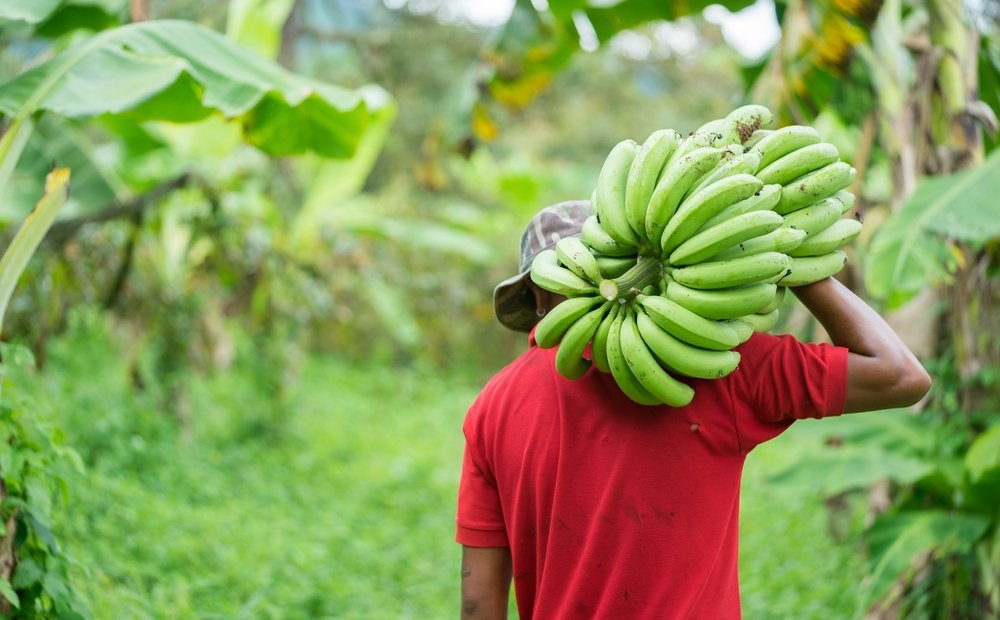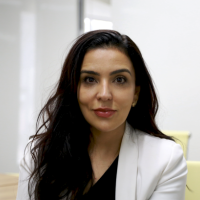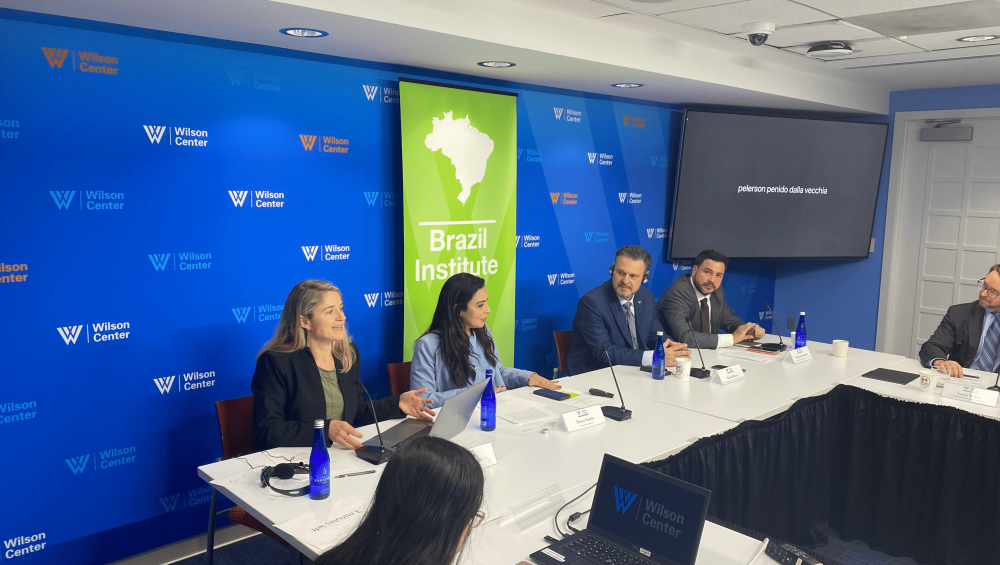Solutions for Sustainable Food Systems in Brazil

On Tuesday, May 9, 2023, the Brazil Institute of the Wilson Center and the Brazilian Beef Exporters Association (ABIEC) brought together government representatives from Brazil, private sector leaders, civil society members, and scholars to discuss Brazil’s potential to navigate the fraught intersection of food production and environmental stewardship. This conversation comes at a time of increased scrutiny in Brazil-U.S. relations, particularly regarding the preservation of the Amazon rainforest.
Bruna Santos, the director of the Brazil Institute, underscored the timeliness of the conversation, hinting at the balancing act between economic growth and environmental preservation that Brazil, like many nations, is grappling with. Fernando Sampaio, the director of ABIEC, acknowledged the threats deforestation poses to food production in Brazil and recognized that amplifying the use of technology could increase productivity in this vital sector. Sampaio’s view of the market as a driver for efficiency, rather than a barrier, suggests a belief in the possibility of a market-based solution to Brazil's environmental conundrums “If we cut market access, we are reducing the push for efficiency,” Sampaio said.
Carlos Fávaro, Brazil’s Minister of Agriculture, posited that Brazil does not need to sacrifice the Amazon to boost food production. His assertion that a staggering 64.7 million acres of underproductive land can be harnessed effectively and responsibly for agriculture presents an interesting alternative to deforestation.
The dialogue then moved to a panel discussion, featuring a diverse set of voices. Holly Gibbs from the University of Wisconsin-Madison, Daniel Azeredo from the Federal Public Prosecution Service, Pelerson Penido Dalla Vecchia, a farmer from Roncador Group, Lisandro Inakake from Imaflora, Sibelle Silva from Brazil’s Ministry of Agriculture, Livestock and Supply, and Jason Weller from JBS ways to improve sustainability in food production. They also explored the challenges facing law enforcement in protecting the Amazon and the ambitious public policy goals set by the new administration to strengthen forest protection alongside food production. This intersection of policy, enforcement, and private sector innovation will be critical in shaping Brazil's future food system.
This dialogue underscored is the necessity for a nuanced approach to sustainable food systems in Brazil – one that recognizes the multi-dimensional nature of the issue and the potential for solutions to come from a variety of stakeholders.
Photo Gallery
Introductions



Moderator

Panelists





Hosted By

Brazil Institute
The Brazil Institute—the only country-specific policy institution focused on Brazil in Washington—aims to deepen understanding of Brazil’s complex landscape and strengthen relations between Brazilian and US institutions across all sectors. Read more















